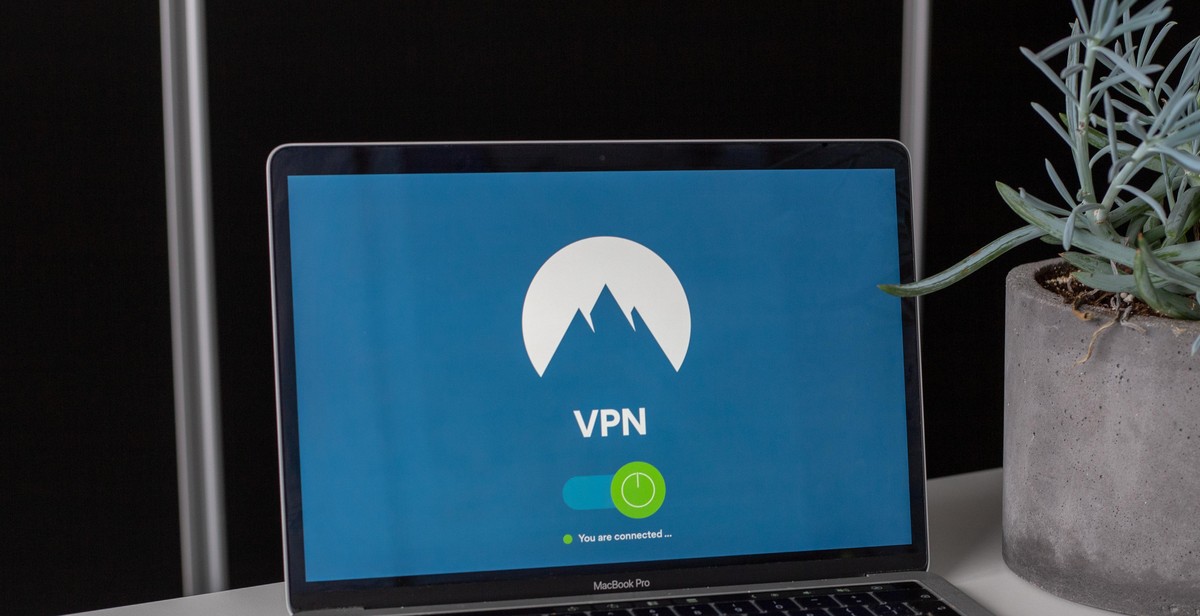How to Secure Your Wi-Fi Network: Tips for Protecting Your Wireless Network from Hackers
In today’s digital age, Wi-Fi networks have become an essential part of our lives. With the increasing number of internet-connected devices, securing your Wi-Fi network has become more important than ever before. Hackers and cybercriminals are always on the lookout for vulnerable networks to exploit and gain access to sensitive information. Therefore, it is crucial to take the necessary steps to protect your wireless network from unauthorized access.
The Importance of Wi-Fi Network Security
Without proper security measures, your Wi-Fi network can be easily hacked, leaving your personal and financial information vulnerable to theft. A compromised network can also be used to launch attacks on other devices, spread malware, or engage in illegal activities, potentially leading to legal repercussions for the network owner.
Tips for Securing Your Wi-Fi Network
There are several steps you can take to secure your Wi-Fi network and protect it from unauthorized access:
- Change the default network name and password
- Use strong encryption protocols
- Enable network security features such as firewalls and MAC address filtering
- Regularly update your router’s firmware
- Disable remote management
- Limit network access to authorized devices only
By following these tips, you can significantly reduce the risk of your Wi-Fi network being hacked and keep your personal and financial information safe.

Why You Need to Secure Your Wi-Fi Network?
Securing your Wi-Fi network is crucial in today’s digital age. With the increasing reliance on the internet for everyday tasks, it’s important to ensure that your wireless network is protected from potential hackers and cybercriminals. Here are some reasons why you need to secure your Wi-Fi network:
1. Personal Information Theft
One of the biggest risks of having an unsecured Wi-Fi network is the potential for personal information theft. Hackers can easily access your network and steal sensitive information such as credit card details, social security numbers, and login credentials. This can lead to identity theft and financial loss.
By securing your Wi-Fi network, you can prevent unauthorized access and protect your personal information from falling into the wrong hands. This can be done by setting up a strong password and enabling encryption on your network.
2. Slow Internet Connection
Another issue that can arise from an unsecured Wi-Fi network is a slow internet connection. Hackers can use your network without your knowledge, causing your internet speed to slow down significantly. This can be frustrating for you and your family, especially if you rely on the internet for work or school.
By securing your Wi-Fi network, you can ensure that only authorized devices are connected to your network, resulting in faster internet speeds for everyone.
3. Illegal Activities
An unsecured Wi-Fi network can also be used for illegal activities such as downloading copyrighted content or accessing illegal websites. If this happens, you could be held responsible for any illegal activities that take place on your network, even if you were not aware of them.
By securing your Wi-Fi network, you can prevent unauthorized access and ensure that your network is only being used for legitimate purposes.
In Conclusion…
There are many reasons why you need to secure your Wi-Fi network, from protecting your personal information to preventing illegal activities. By taking the necessary steps to secure your network, you can enjoy a faster, safer, and more reliable internet connection.

Tips for Securing Your Wi-Fi Network
Securing your Wi-Fi network is important to protect your personal data and prevent unauthorized access. Here are some tips to help you secure your Wi-Fi network:
Change Your Router’s Default Login Credentials
When you purchase a new router, it usually comes with default login credentials that are easy to guess. Hackers can easily gain access to your router if you don’t change the default username and password. To change your router’s login credentials, log in to your router’s admin panel and look for the settings to change the username and password.
Use WPA2 Encryption
WPA2 encryption is the most secure type of encryption for Wi-Fi networks. It encrypts the data transmitted over your network, making it difficult for hackers to intercept and read. To enable WPA2 encryption, log in to your router’s admin panel and look for the wireless security settings. Select WPA2 as the encryption type and create a strong password.
Disable WPS
Wi-Fi Protected Setup (WPS) is a feature that allows you to easily connect devices to your Wi-Fi network without entering the password. However, this feature is vulnerable to brute-force attacks, which can give hackers access to your network. To prevent this, disable WPS in your router’s admin panel.
Enable MAC Address Filtering
MAC address filtering is a feature that allows you to control which devices can connect to your Wi-Fi network. You can create a list of MAC addresses of devices that are allowed to connect, and any device that is not on the list will be blocked. To enable MAC address filtering, log in to your router’s admin panel and look for the MAC filtering settings.
Hide Your Wi-Fi Network
By default, your Wi-Fi network’s name (SSID) is broadcasted to anyone within range. Hiding your network’s SSID can make it more difficult for hackers to find and connect to your network. To hide your Wi-Fi network, log in to your router’s admin panel and look for the SSID broadcasting settings.
Update Your Router’s Firmware Regularly
Router manufacturers release firmware updates to fix security vulnerabilities and improve performance. Regularly updating your router’s firmware can help protect your network from known security threats. To update your router’s firmware, log in to your router’s admin panel and look for the firmware update settings.
By following these tips, you can secure your Wi-Fi network and protect your personal data from hackers.

Conclusion
Securing your Wi-Fi network is essential in today’s digital age where hackers are constantly trying to gain unauthorized access to your personal information. By following the tips and techniques outlined in this article, you can protect your wireless network from potential threats and prevent unauthorized access.
Always Change Default Settings
One of the most important things you can do to secure your Wi-Fi network is to change the default settings. This includes changing the default username and password, disabling remote management, and disabling guest networks.
Use Encryption
Encryption is a powerful tool for securing your Wi-Fi network. Use WPA2 or WPA3 encryption to prevent unauthorized access to your network.
Keep Firmware Up-to-Date
Keeping your router’s firmware up-to-date is crucial in protecting your Wi-Fi network. Firmware updates often include security patches that address vulnerabilities and protect against potential threats.
Monitor Network Activity
Regularly monitoring your network activity can help you identify any potential security risks and take appropriate action to prevent unauthorized access.
Conclusion
Securing your Wi-Fi network is crucial in protecting your personal information and preventing unauthorized access. By following the tips and techniques outlined in this article, you can ensure that your wireless network is secure and protected from potential threats.
